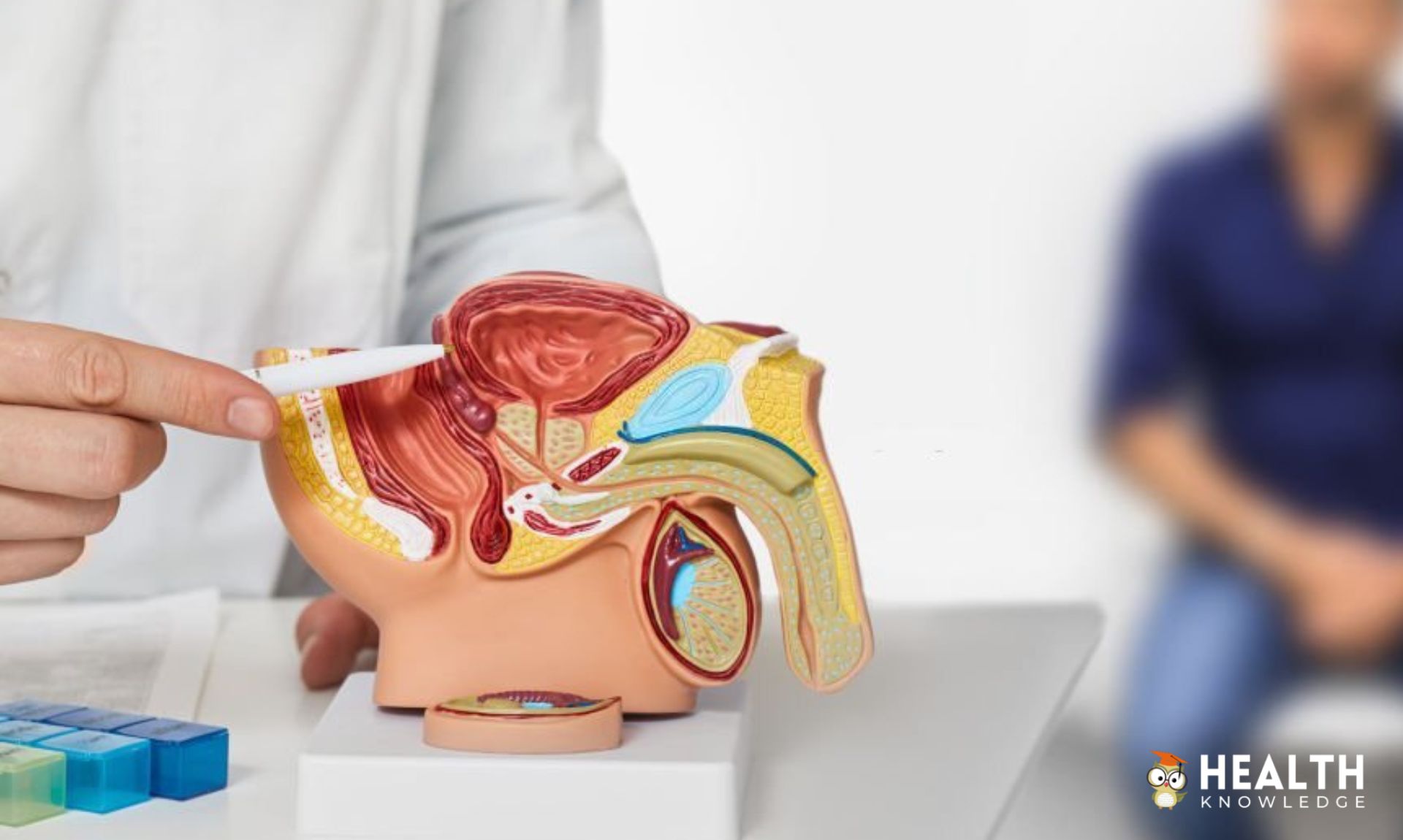Balancing Macronutrients: Carbs, Proteins, and Fats in a Healthy Diet
In the quest for a healthier and more balanced diet, the concept of macronutrient balance stands out as a crucial element. Macronutrients, including carbohydrates, proteins, and fats, form the foundation of our diet, providing the energy and building blocks our bodies need to function optimally. Striking the right balance between these three macronutrients can lead to improved overall health, better energy levels, and even weight management. In this comprehensive guide, we’ll explore the importance of macronutrient balance in a healthy diet and offer practical tips to achieve it.
Understanding Macronutrients
Macronutrients are the primary components of our diet, and they are essential for sustaining life and maintaining good health. These nutrients are divided into three main categories: carbohydrates, proteins, and fats.
Carbohydrates
Carbohydrates are the body’s primary source of energy. They are found in foods like grains, fruits, vegetables, and legumes. They come in two forms: simple carbohydrates, like sugars, and complex carbohydrates, such as starches and dietary fiber. Simple carbs provide quick energy, while complex carbs release energy more slowly, providing a sustained source of vitality.
“Carbohydrates are not the enemy, but rather an important fuel source for your body,” – Dr. Jane Smith.
Proteins
Proteins are the building blocks of the body, playing a crucial role in the growth, repair, and maintenance of tissues. They are found in foods like meat, poultry, fish, eggs, and plant-based sources like tofu and legumes. Proteins consist of amino acids, some of which are essential, meaning they must be obtained from the diet.
Fats
Fats, often given a bad rap, are vital for overall health. They provide energy, support cell growth, and protect organs. Healthy fats are found in foods like avocados, nuts, seeds, and fatty fish. It’s essential to differentiate between healthy fats and trans fats, which are linked to various health issues.
The Importance of Macronutrient Balance
Balancing macronutrients is key to a healthy diet because it ensures that you’re getting the right mix of nutrients for your body’s functions. Each macronutrient has a specific role to play, and an imbalance can lead to health issues. For example, consuming an excessive amount of carbohydrates without enough protein can result in unstable blood sugar levels and energy crashes. On the other hand, a diet high in unhealthy fats can contribute to heart disease and obesity.
“Macronutrient balance is like a symphony of nutrients playing harmoniously in your body. It’s about optimizing the intake of each macronutrient to support your overall health,”-Lisa Roberts.
Achieving macronutrient balance is not about rigidly adhering to specific ratios; it’s about adapting your diet to your individual needs, goals, and preferences. The right balance for one person might not be the same for another. Factors like age, gender, activity level, and metabolism all play a role in determining your ideal macronutrient ratio.
Finding Your Ideal Macronutrient Ratio
To determine your ideal macronutrient balance, you should consider your unique circumstances and goals. A balanced diet will look different for someone focused on muscle gain compared to someone aiming for weight loss or general health improvement.
For most individuals, a balanced diet might consist of approximately 45-65% carbohydrates, 10-35% protein, and 20-35% fats. However, these ranges can be adjusted to meet your specific needs. Athletes and active individuals may benefit from a higher protein intake, while those looking to lose weight might reduce carbohydrate consumption.
“The key is personalization. Assess your goals, activity level, and dietary preferences, and then fine-tune your macronutrient intake accordingly.”- Dr. Emily Turner
The Role of Carbohydrates
Carbohydrates are often viewed with mixed feelings in the world of nutrition. However, they play a vital role in our diets by providing a primary source of energy for both our brains and muscles. It’s essential to choose the right kinds of carbs and consume them in appropriate amounts.
Whole grains, fruits, and vegetables are rich
in complex carbohydrates and dietary fiber. These foods release energy slowly, keeping you fueled throughout the day and helping to stabilize blood sugar levels. On the other hand, simple carbohydrates, like sugary snacks and soft drinks, can lead to energy spikes and crashes.
Balancing carbohydrates means focusing on whole, unprocessed sources while moderating the intake of simple sugars. This approach not only supports energy and overall health but also aids in weight management by preventing excessive calorie consumption.
The Power of Proteins
Proteins are the body’s construction workers, responsible for building and repairing tissues, enzymes, and hormones. Achieving macronutrient balance is incomplete without a sufficient intake of high-quality proteins.
Lean meats, poultry, fish, and plant-based sources like beans and tofu are excellent protein choices. They provide essential amino acids that your body needs for various functions. Adequate protein intake also plays a crucial role in satiety, helping to control your appetite and manage body weight.
“Proteins are like the scaffolding of a building. They are essential for the structure and function of your body,” – Dr. Michael Johnson
Embracing Healthy Fats
Fats, contrary to popular belief, are not the enemy but rather a valuable part of a balanced diet. Healthy fats support brain health, nutrient absorption, and the production of essential hormones. To achieve macronutrient balance, it’s essential to distinguish between healthy fats and trans fats, which should be avoided.
Avocado, olive oil, nuts, seeds, and fatty fish like salmon and trout are sources of beneficial fats. These fats provide a sense of fullness and satisfaction in meals, reducing the urge to overeat. Incorporating them into your diet can help maintain a balanced macronutrient intake while supporting heart health and cognitive function.
“Healthy fats are the unsung heroes of nutrition. They’re essential for overall well-being,”- Sarah Williams.
Practical Tips for Achieving Macronutrient Balance
Balancing carbohydrates, proteins, and fats can be achieved with practical steps in your daily eating habits:
- Meal Planning: Plan your meals to include a mix of carbohydrates, proteins, and healthy fats. Aim for variety in your food choices to ensure a diverse nutrient intake.
- Portion Control: Be mindful of portion sizes, as overeating any macronutrient can lead to an imbalance. Use measuring tools or your hand as a rough guide for portion sizes.
- Monitor Your Macros: Consider using apps or websites to track your macronutrient intake. These tools can help you better understand your eating habits and make necessary adjustments.
- Listen to Your Body: Pay attention to hunger and fullness cues. Your body often gives signals about the right balance of macronutrients it needs.
Conclusion
Balancing macronutrients—carbohydrates, proteins, and fats—is a fundamental aspect of a healthy diet. Achieving this balance involves understanding the roles each macronutrient plays in the body, assessing your individual needs, and making conscious choices about the foods you consume. Remember that there’s no one-size-fits-all approach to macronutrient balance; it’s about personalization and adapting your diet to your unique circumstances and goals. By doing so, you can unlock the benefits of balanced nutrition, improving your overall health and well-being.
“Macronutrient balance is the compass that guides you toward optimal health. It’s a journey worth embarking on for a lifetime of vitality and well-being.”- John Smith
So, take the first step on your journey to balanced macronutrients, and start reaping the rewards of a healthier, more energized you.
news via inbox
Nulla turp dis cursus. Integer liberos euismod pretium faucibua








